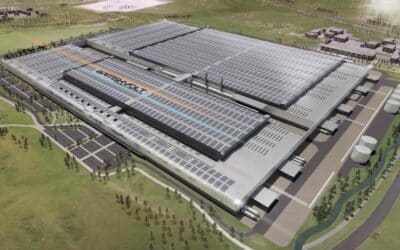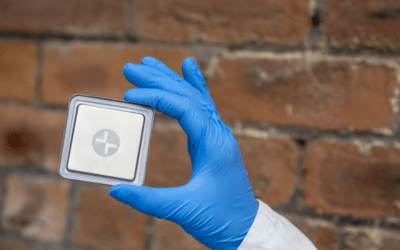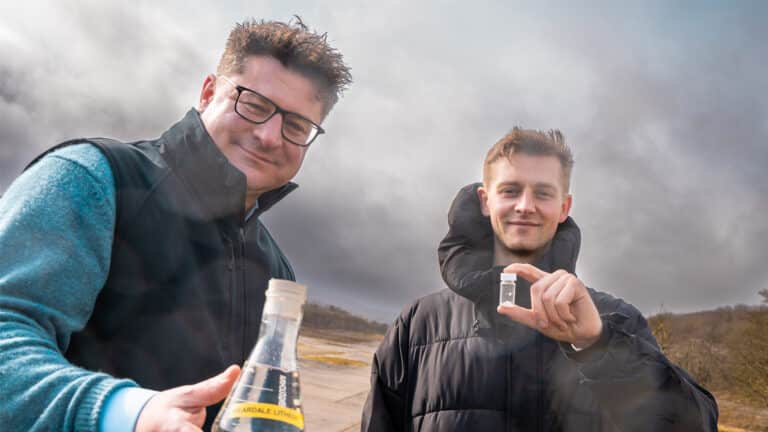Watercycle Technologies says it has made a major step forward in producing a UK supply of lithium – a critical raw material for electric car batteries.
The Manchester deep tech firm has produced lithium carbonate from naturally occurring geothermal brines in County Durham.
The lithium carbonate crystals were produced at its labs at Manchester’s Graphene Engineering Innovation Centre.
“These positive results on lithium carbonate extraction are fantastic news. By utilising our propriety membrane technology, we are the first company to produce lithium carbonate from brines in the North East,” said Dr. Seb Leaper, CEO of Watercycle Technologies.
“Importantly our ground-breaking DLEC™ [Direct Lithium Extraction & Crystallisation process] technology produces zero waste, is water-neutral and requires 95% less land than conventional lithium extraction processes.
“Furthermore, once the extraction has taken place, all that will be left after operations are a few manhole covers and so the natural beauty of the Weardale region will be preserved for future generations. Net zero transition is fundamentally impossible with existing supplies of critical minerals yet traditional modes of extracting them are themselves environmentally damaging. Our technology can put the UK at the forefront of the sustainable mineral recovery industry and become a major contributor to future economic growth.”
The DLEC process works by selectively removing lithium ions from complex brines using mixed matrix hollow fibre adsorption membranes followed by concentration, polishing and crystallisation stages.
Weardale, which owns the site in County Durham, stated that it would be using renewable energy sources to extract the brines.
“The supply of domestic lithium is of strategic importance to the UK’s net zero ambitions and production of high-value batteries for electric vehicles,” added Stewart Dickson, CEO of Weardale Lithium.
“Utilising Watercycle’s technology, we have taken a significant step forward in establishing that the naturally occurring geothermal brines are amenable for lithium production and validated a number of direct lithium extraction processes. We look forward to working with the Watercycle team in scaling up and accelerating the testing of increased volumes of brine towards first production.”
While of strategic importance, there is no commercial lithium production or refining in the UK or Europe. That is why the team believe that this is a “significant milestone” because it could lead to a battery-supply chain hub in the North East.
It is targeting production of around 10,000 tonnes of lithium carbonate every year, creating 125 full time jobs and adding £1bn of gross economic value to the region’s economy.
“With Weardale we believe we can make a huge difference to providing economic benefits in a truly environmental fashion, which underpin our business model,” said Watercycle co-founder and CTO Dr Ahmed Abdelkarim.
“Furthermore, we are not only successfully partnering with lithium brine developers, but we are also making fantastic headway in the extraction of multiple critical minerals from spent batteries. Indeed, we recently produced commercial grade lithium carbonate and graphite from black mass. These are exciting times, and we look forward to working with our partners and delivering high tech mineral extraction solutions.”
Watercycle, spun out from the University of Manchester and is backed by business accelerator Aer Ventures.












